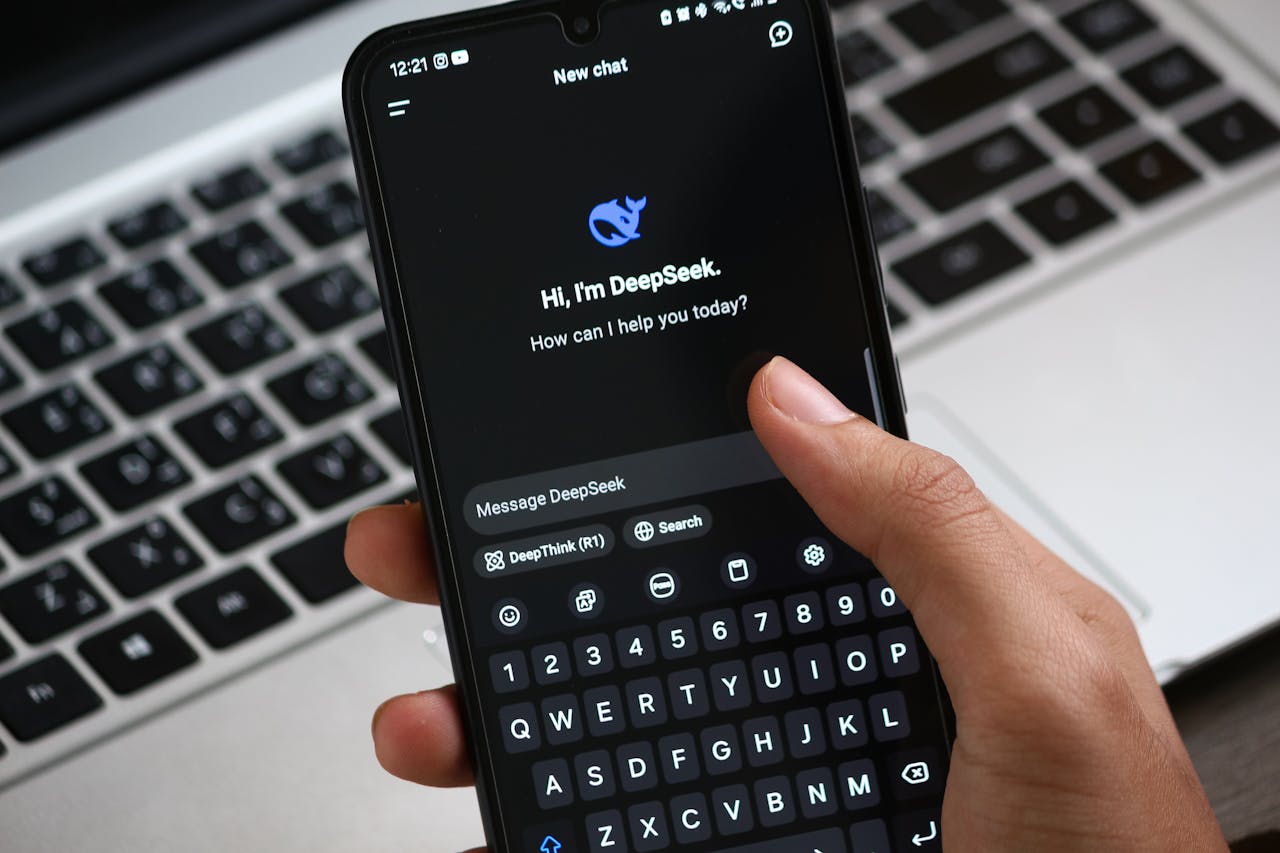From Making $60 Million in 18 Months to Losing It All: Lessons for Founders

In the mid-2000s, before Twitter dominated real-time news, before Reddit became the front page of the internet, and before Facebook swallowed the social web, there was Digg.
For a brief moment in time, Digg wasn’t just another startup — it was the startup. Its founder, Kevin Rose, was hailed as the golden boy of Silicon Valley. He graced the cover of BusinessWeek in 2006 under the headline “How This Kid Made $60 Million in 18 Months.” Except, as history showed, things weren’t that simple.
Digg’s rise was breathtaking. So was its fall. What began as a community-driven news aggregator ended up being sold in parts for less than $500,000, a fraction of its onetime valuation. Kevin Rose went from being Silicon Valley’s darling to a cautionary tale of hype, mismanagement, and how quickly the startup world can turn.
This article unpacks Digg’s story: what it was about, what went wrong, and the hard-earned lessons today’s founders can take away.
The Birth of Digg
Digg launched in 2004, founded by Kevin Rose along with Owen Byrne, Ron Gorodetzky, and Jay Adelson. At its core, Digg was a simple idea: let users decide which news stories deserved attention. Users could “digg” stories they liked (upvote) or “bury” ones they didn’t. The most popular stories rose to the front page.
In an era when blogs and independent websites were exploding, Digg was revolutionary. It democratized content discovery, removing gatekeepers like editors or traditional newsrooms. If enough people thought a story was worth reading, it surfaced.
Within two years, Digg was driving massive traffic. Websites dreaded being “slashdotted” in the early internet; now they hoped to be “Dugg.” At its peak, a front-page link on Digg could drive hundreds of thousands of visitors to a website overnight.
Kevin Rose, a former TechTV host turned entrepreneur, became a Silicon Valley rock star. He embodied the myth of the young, visionary founder who could disrupt media with a few lines of code and a cult-like following.
The $60 Million Moment
In 2006, Digg was valued at around $60 million, just 18 months after its launch. The BusinessWeek cover story cemented Kevin Rose’s status as the internet’s golden boy.
Except here’s the catch: Kevin himself didn’t walk away with $60 million in cash. The headline was misleading. What actually happened was that Digg’s paper valuation skyrocketed based on investor enthusiasm and user growth.
Still, the perception mattered. Overnight, Rose became a celebrity founder. The buzz attracted top investors, advertisers, and users. By 2008, Digg had raised $40 million in funding.
On the outside, Digg looked unstoppable. On the inside, cracks were forming.
The Cracks Begin to Show
So, what went wrong? Several things converged to undo Digg’s early promise.
1. Leadership Struggles and Hype Culture
Kevin Rose was charismatic and visionary but not always a disciplined operator. He stepped in and out of the CEO role multiple times, handing it to Jay Adelson and later others. This lack of consistent leadership created strategic confusion.
The hype also worked against him. The constant attention on Rose, and the myth of his instant millions, created unrealistic expectations both inside and outside the company.
2. Monetization Missteps
Despite massive traffic, Digg struggled to monetize. The site experimented with banner ads, sponsorships, and later a partnership with Microsoft for ad sales, but none were enough to sustain its burn rate.
In contrast, Facebook and Google were building robust ad platforms tailored to user behavior. Digg had eyeballs but lacked a clear revenue engine.
3. Product Decisions That Alienated Users
One of Digg’s biggest missteps was its infamous v4 redesign in 2010. The new version tried to shift control from users to publishers, emphasizing big media partnerships rather than grassroots submissions. The backlash was immediate and brutal. Loyal users fled in droves, many migrating to Reddit, which embraced the community-first ethos Digg had abandoned.
4. The Rise of Competitors
Reddit, founded in 2005, was often dismissed as “Digg’s little brother.” But Reddit doubled down on community, transparency, and quirky internet culture. When Digg stumbled, Reddit thrived. Meanwhile, Facebook and Twitter were becoming dominant sources of news discovery. Suddenly, Digg was no longer the only player in town.
The Fall of Digg
By 2010, the writing was on the wall. User engagement was down, revenue was weak, and investors were losing patience. Multiple attempts to sell the company failed. At one point, Google reportedly considered acquiring Digg for around $200 million, but the deal fell apart. By 2012, Digg was sold in parts:
- Betaworks bought the brand and website for just $500,000.
- The Washington Post acquired Digg’s engineering team.
- LinkedIn purchased some of its patents.
From a $60 million valuation to a $500k fire sale, Digg became one of Silicon Valley’s most infamous flameouts.
Lessons for Founders From Digg’s Rise and Fall
So, what can modern founders learn from Digg’s rollercoaster journey? Here are the key takeaways.
1. Don’t Believe Your Own Hype
Media hype is intoxicating, but it doesn’t pay the bills. Kevin Rose’s “$60 million in 18 months” cover made him famous but created unrealistic expectations that haunted Digg.
Lesson: Stay grounded. Focus on building sustainable value, not just headlines.
2. Consistent Leadership Matters
Digg’s revolving leadership undermined strategic focus. Visionary founders often struggle with the operational grind, but startups need steady leadership.
Lesson: Either grow into the role or bring in an operator you trust early on.
3. Listen to Your Users
The v4 redesign was the breaking point because it ignored Digg’s community. By prioritizing publishers over users, Digg alienated its core audience.
Lesson: Never lose sight of who made you successful. Product decisions should enhance, not betray, the user experience.
4. Monetization Can’t Be an Afterthought
Digg was massive but never cracked the monetization code. By contrast, Facebook and Google built scalable ad models that fueled growth.
Lesson: If you’re building a consumer product, think about your revenue engine early. Scale without monetization is just expensive hype.
5. Competition Never Sleeps
Digg underestimated Reddit and overlooked the rising threat of social media giants. In startups, today’s underdog can be tomorrow’s category killer.
Lesson: Keep a paranoid eye on the competition. Innovate before they do.
Final Thoughts
The story of Digg is not just about failure, it’s about how fragile startup success can be. In 2006, Kevin Rose was the face of the future of media. By 2012, Digg was a punchline.
For founders, Digg’s rise and fall is a reminder that hype is fleeting, users are fickle, and execution matters more than vision.
As Marc Andreessen once said, “In a startup, absolutely nothing happens unless you make it happen.” Digg showed how quickly things can fall apart when execution doesn’t keep up with expectation.
So the next time you’re tempted to chase a headline or skip over your users’ needs, remember Kevin Rose and the $60 million that vanished almost overnight.
Because in startups, the spotlight can be as dangerous as the dark.
Read - What Every Founder Should Know About a term Sheet

square.jpg)










